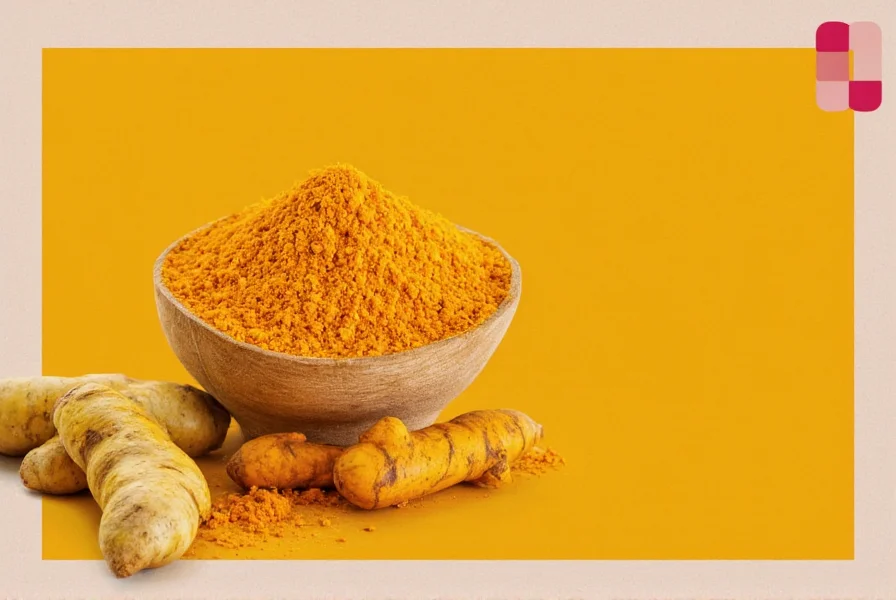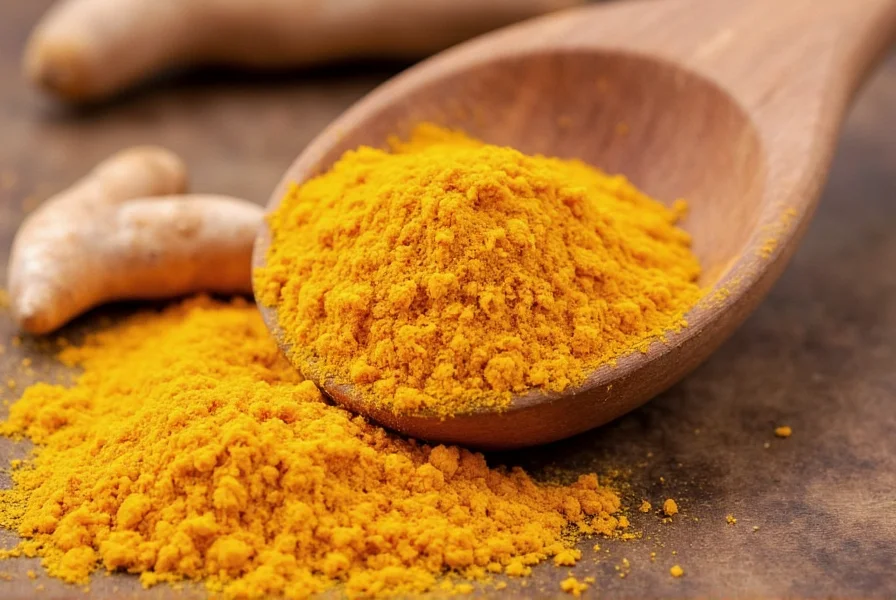Understanding how to properly pronounce culinary terms enhances your cooking conversations and demonstrates cultural awareness. Turmeric, the vibrant yellow spice commonly used in Indian cuisine and traditional medicine, often trips up English speakers due to its unusual spelling.
Breaking Down Turmeric Pronunciation
Let's examine the correct pronunciation syllable by syllable:
| Syllable | Phonetic Spelling | Sound Description |
|---|---|---|
| Tur | TER | Like "her" but with a 't' sound |
| mer | uh-mer | Soft 'uh' followed by 'mer' as in 'mercy' |
| ic | ik | Short 'i' sound like 'ick' in 'sick' |
When saying "turmeric," remember that the emphasis falls on the first syllable: TER-uh-mer-ik. The 'u' is not pronounced as in "turban" but takes the 'er' sound similar to "her."
Common Mispronunciations to Avoid
Many English speakers make these common pronunciation errors:
- Tur-MER-ik - placing emphasis on the second syllable
- Tur-meh-rik - using a long 'a' sound
- Tur-mir-ick - adding an extra syllable
- Tur-mare-ick - using an 'a' sound instead of 'uh'
These mispronunciations likely stem from applying English spelling rules to a word with Latin and Sanskrit origins. The correct pronunciation maintains closer ties to its linguistic roots.

Why Turmeric Pronunciation Matters
Accurate pronunciation becomes particularly important in culinary and health contexts. When discussing recipes or health benefits with chefs, nutritionists, or healthcare providers, using the correct term ensures clear communication. Turmeric has gained significant popularity for its potential health benefits, particularly curcumin, its active compound.
In Indian markets or specialty food stores, using the proper pronunciation shows respect for the cultural origins of this ancient spice. Turmeric (known as "haldi" in Hindi) has been used in South Asian cooking and Ayurvedic medicine for thousands of years.
Regional Pronunciation Variations
While TER-uh-mer-ik represents the standard American and British English pronunciation, some regional variations exist:
- American English: Slightly softer 'r' sounds, sometimes approaching "TUR-uh-mer-ik"
- British English: More distinct 'r' in the first syllable: "TER-uh-mer-ik"
- Australian English: May have a slightly drawn-out 'i' sound at the end
Despite these subtle differences, all standard English dialects maintain the three-syllable structure with first-syllable emphasis.

Memory Tips for Correct Turmeric Pronunciation
Struggling to remember the correct pronunciation? Try these memory aids:
- Think of the phrase: "TERrific meringue" to emphasize the first syllable
- Break it into familiar words: "Her + mercy + ick"
- Remember that turmeric comes from Curcuma longa, where the 'cu' sounds like 'ker'
- Create a mnemonic: "The TERrrible mermaid had turmeric"
With practice, the correct pronunciation will become natural. Don't be discouraged if you occasionally slip into the common mispronunciation—many native English speakers do the same with this tricky word.
Understanding Turmeric's Linguistic Journey
The word "turmeric" entered English through Arabic and Latin. It derives from the Old French "termeric," which came from the Latin "termerica," ultimately tracing back to the Persian "kurkum" (saffron) and Sanskrit "haridrā." This complex linguistic history explains why the spelling doesn't match intuitive English pronunciation patterns.
Unlike many spices whose names directly reflect their pronunciation (like "cinnamon" or "ginger"), turmeric's spelling preserves elements from multiple languages, creating the pronunciation challenge English speakers face today.
Frequently Asked Questions
How do you pronounce turmeric in British English?
In British English, turmeric is pronounced TER-uh-mer-ik (/ˈtɜːrɪmɜːrɪk/), with a clear 'r' sound in the first syllable and emphasis on that initial TER syllable. The British pronunciation maintains the same three-syllable structure as American English but typically has a more distinct 'r' sound.
Why is turmeric pronounced differently than it's spelled?
Turmeric's pronunciation differs from its spelling because it entered English through multiple languages. The word comes from Old French 'termeric,' Latin 'termerica,' Persian 'kurkum,' and ultimately Sanskrit 'haridrā.' Each language adaptation preserved certain spelling elements while the pronunciation evolved, creating the disconnect between spelling and sound we see today.
What's the most common mistake when pronouncing turmeric?
The most common mistake is placing the emphasis on the second syllable (tur-MER-ik) instead of the first syllable (TER-uh-mer-ik). Many people also mispronounce the 'u' as in 'turban' rather than using the 'er' sound like in 'her.' Another frequent error is adding an extra syllable, saying 'tur-mir-ick' instead of the correct three-syllable pronunciation.
Is turmeric pronounced the same as tumeric?
Yes, 'turmeric' and 'tumeric' are pronounced identically as TER-uh-mer-ik. 'Tumeric' is simply an accepted variant spelling of 'turmeric,' though 'turmeric' remains the more common and traditional spelling. Both refer to the same spice from the Curcuma longa plant and share the same pronunciation regardless of spelling variation.
How can I practice pronouncing turmeric correctly?
To practice pronouncing turmeric correctly, break it into syllables: TER-uh-mer-ik. Say each syllable slowly, emphasizing the first one. Record yourself saying it and compare with native speaker pronunciations online. Use memory aids like 'TERrific MERingue' to reinforce the correct stress pattern. Practice in context by saying phrases like 'I added turmeric to the curry.' With consistent practice over a few days, the correct pronunciation will become natural.











 浙公网安备
33010002000092号
浙公网安备
33010002000092号 浙B2-20120091-4
浙B2-20120091-4